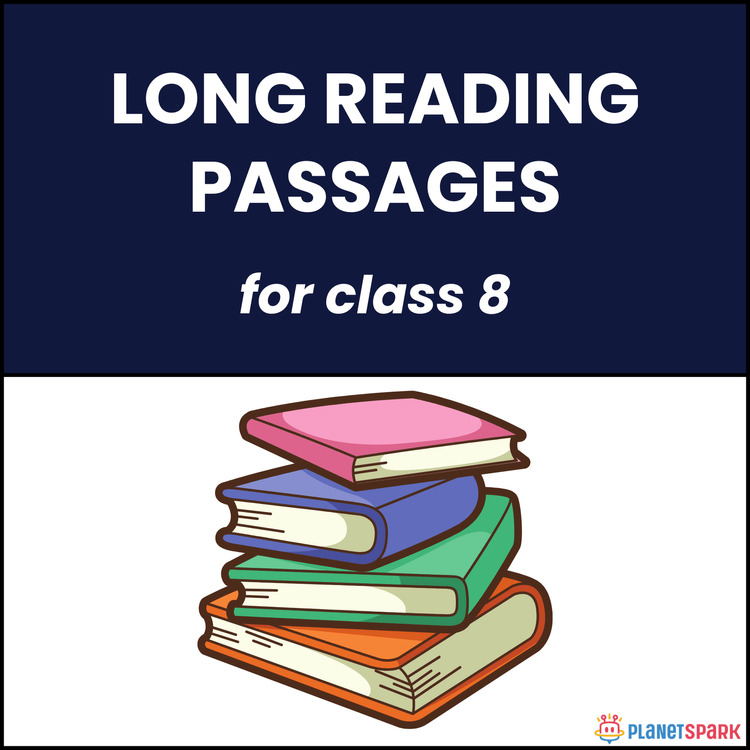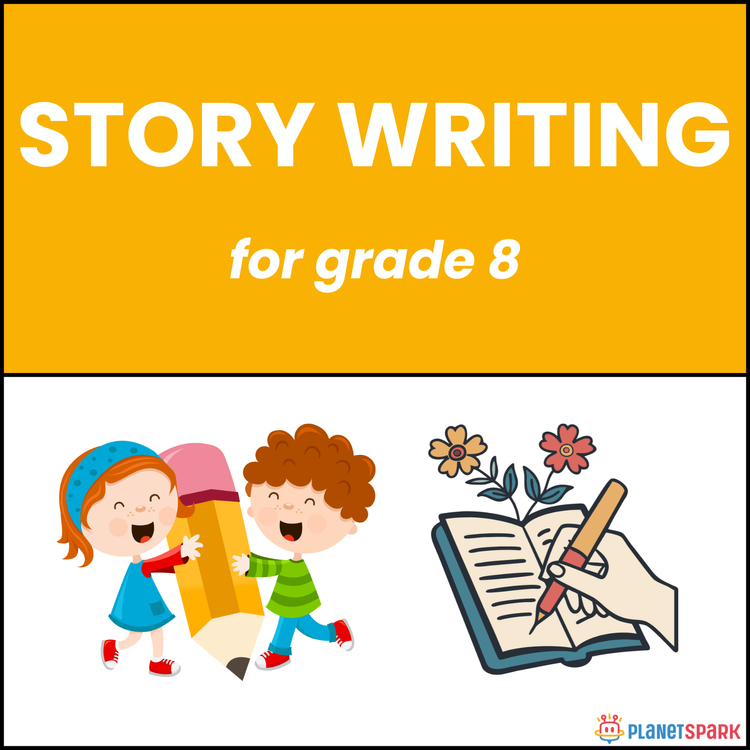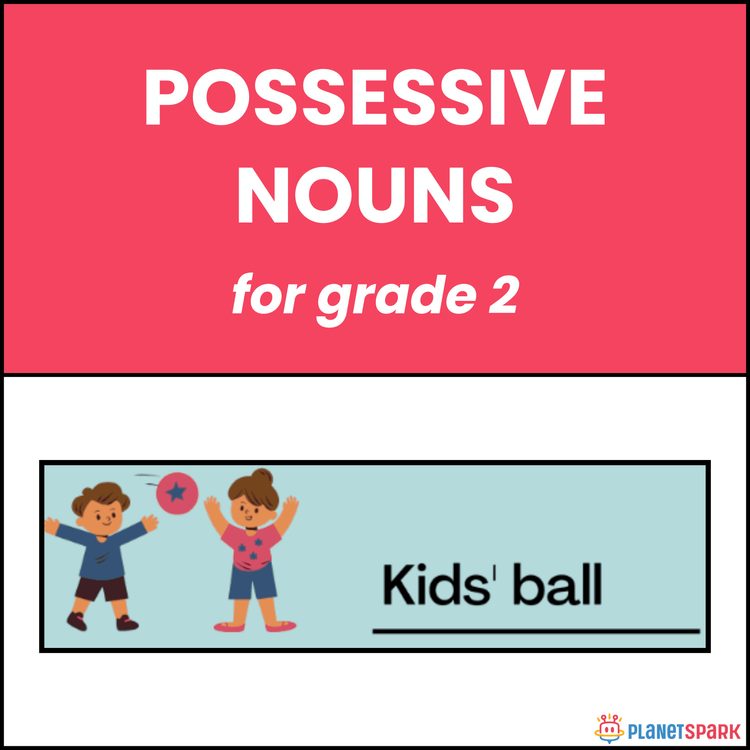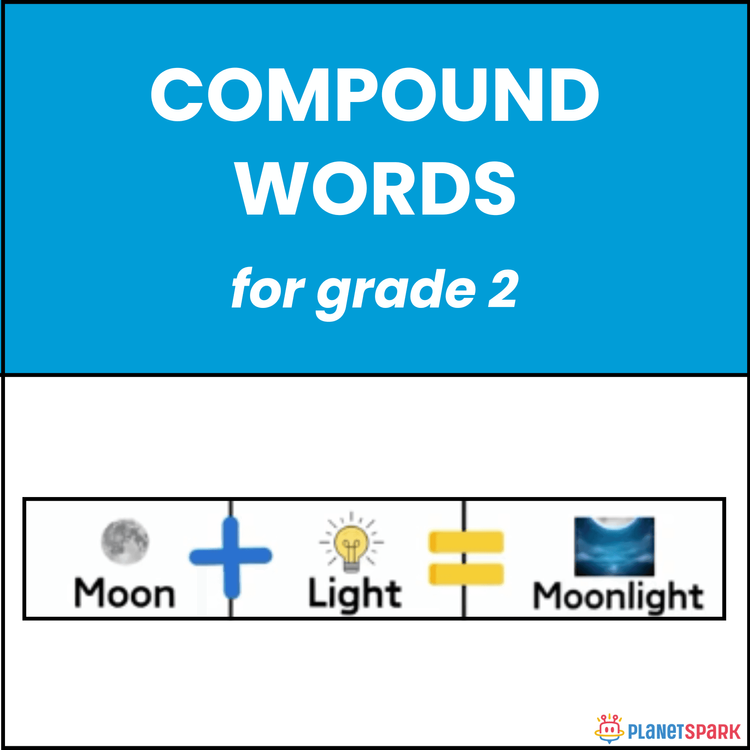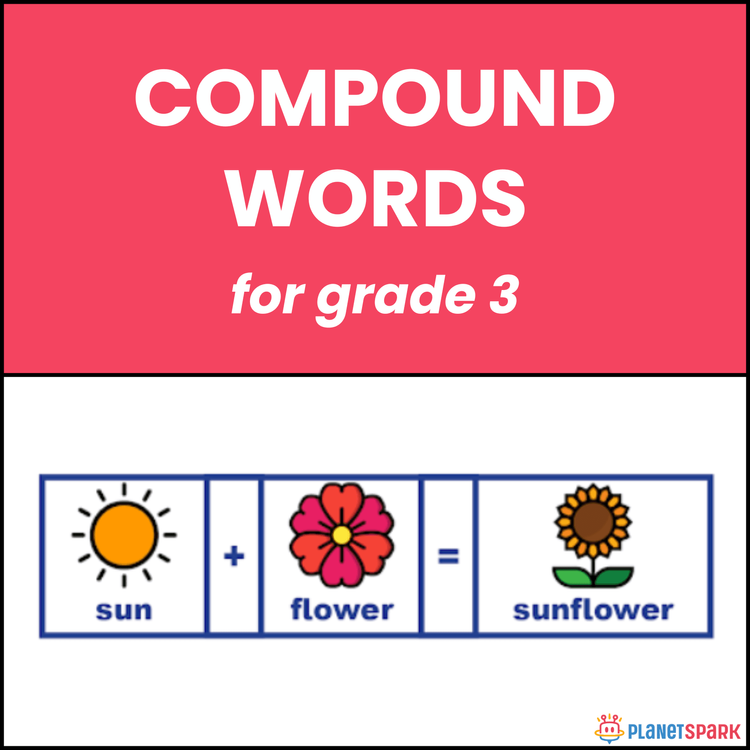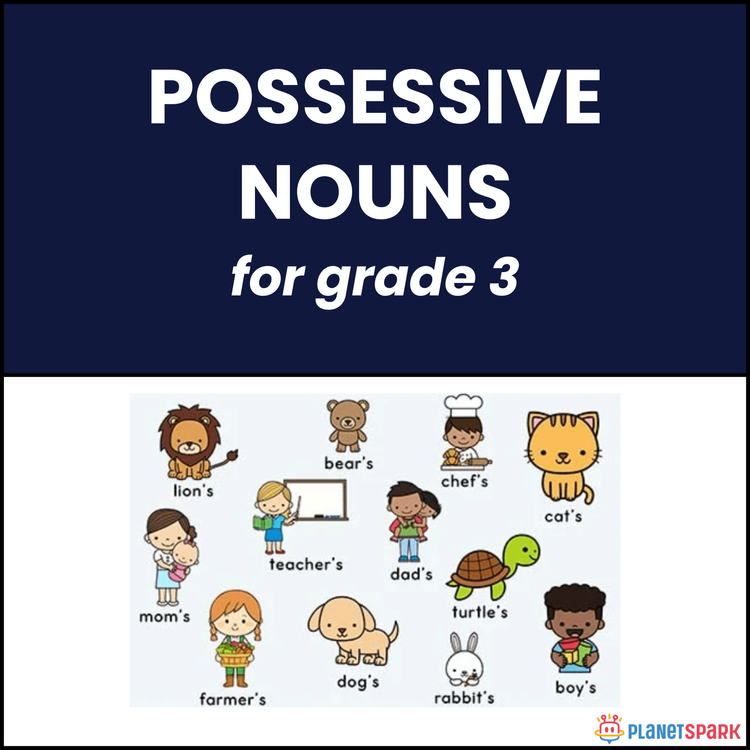Class 8 English Worksheet on Advanced Modal Verbs
Class 8EnglishEnglish GrammarFree DownloadPDF
Maria AntonyVisit Profile
A TESOL-certified English teacher with Qualified Teacher Status (PPTT), I bring over eight years of experience in delivering English language instruction to non-native speakers and native students. With a strong grasp of lesson planning, classroom management, and differentiated instruction, I have consistently motivated students to achieve their full potential.
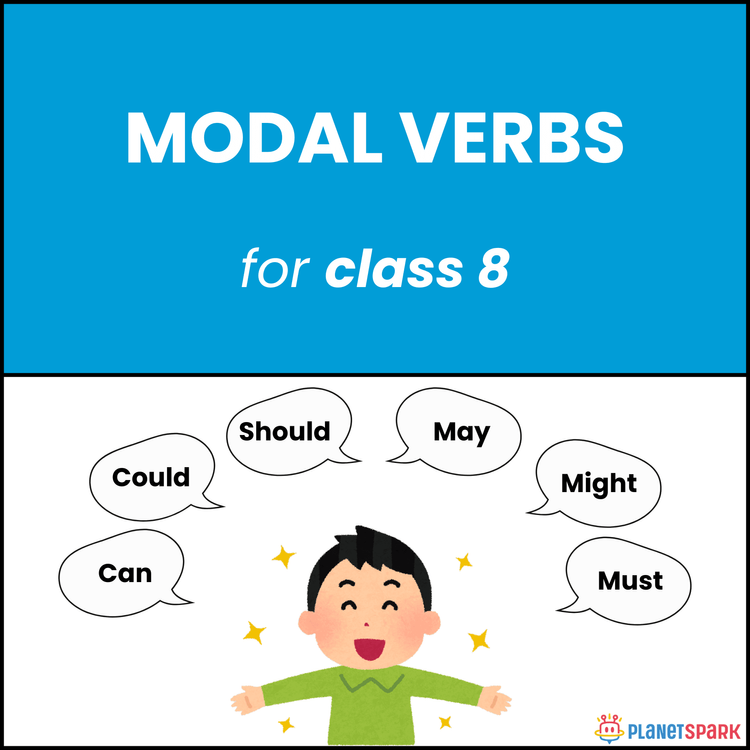

Class 8 English Worksheet on Advanced Modal Verbs
Class 8EnglishEnglish GrammarFree DownloadPDF
Maria AntonyVisit Profile
A TESOL-certified English teacher with Qualified Teacher Status (PPTT), I bring over eight years of experience in delivering English language instruction to non-native speakers and native students. With a strong grasp of lesson planning, classroom management, and differentiated instruction, I have consistently motivated students to achieve their full potential.
Modals in Motion: Advanced Usage for Class 8
This Class 8 worksheet is perfect for mastering modal verbs beyond the basics. From advice and permission to deduction and obligation, students engage with contextual tasks that explore nuanced modal use in speech and writing.
Why Modal Verbs Matter in Grammar?
Modals help express mood, necessity, possibility, and intention. This worksheet strengthens:
1. Recognition of advanced modal meanings (e.g., deduction, advice, weak possibility).
2. Accurate use in real-life contexts (e.g., rules, offers, permissions).
3. Polished grammar in both formal and informal communication.
What’s Inside This Worksheet?
This worksheet includes five skills-based exercises to boost modal verb understanding:
🧠 Exercise 1 – Match the Modal with Its Function
Students match modal verbs like *must*, *may*, *ought to*, and *mustn’t* with their grammatical uses. Example: *must* → strong obligation
✏️ Exercise 2 – Fill in the Modal
Learners choose the correct modal verb based on sentence context. Example: “You *must* finish your homework.”
🛠️ Exercise 3 – Rewrite Using the Right Modal
Students convert hint-based sentences into modal-rich statements. Example: “It’s possible that he knows” → “He *might* know.”
❌ Exercise 4 – Correct the Grammar
Learners fix errors in modal verb use (e.g., *mights*, *can to*, *should to*) for better sentence formation.
📝 Exercise 5 – Paragraph Writing
Students write a short paragraph on whether mobile phones should be banned in classrooms — using at least five modals correctly.
✅ Answer Key (For Parents & Educators)
Exercise 1 – Match the Columns
1-b. must → strong obligation
2-d. may → permission
3-f. should → advice
4-c. have to → external rule or necessity
5-a. might → weak possibility
6-k. ought to → formal suggestion or offer
7-e. can → polite request / past ability
8-i. mustn’t → prohibition
9-j. could → external rule or necessity
Exercise 2 – Fill in the Modals
1. must
2. should
3. might
4. ought to
5. have to
6. may
Exercise 3 – Rewrite with Modals
1. might
2. must
3. may
4. don’t have to
5. should
6. may
7. can
8. have to
Exercise 4 – Sentence Corrections
1. She must complete her homework before dinner.
2. They can speak three different languages.
3. You should eat more fruits and vegetables.
4. He might be the new class monitor.
5. We could see the stars clearly last night.
6. I will go to the library after school.
7. Can you help me with this question?
8. She may go to the picnic if it doesn’t rain.
9. You must wear your ID card in school.
10. We should revise before the exam.
Exercise 5 – Paragraph Writing
Answers will vary. Sample correct usage includes: *should*, *must*, *might*, *can*, *may*. Example:
“Students should focus during lessons. Phones may distract them. Teachers must ensure rules are followed. Mobile phones might be useful sometimes, but misuse can disturb learning.”
Give your child a grammar edge — explore polite requests, advice, rules, and logical deductions with advanced modal verb mastery!
🔖Book a free trial!
Frequently Asked Questions
Advanced modals express degrees of certainty, advice, possibility, or obligation, such as might, should, and must.
‘Must’ shows necessity, ‘should’ is for advice, and ‘might’ expresses possibility.
It helps learners write formally, express nuances, and improve clarity in essays and reports.

